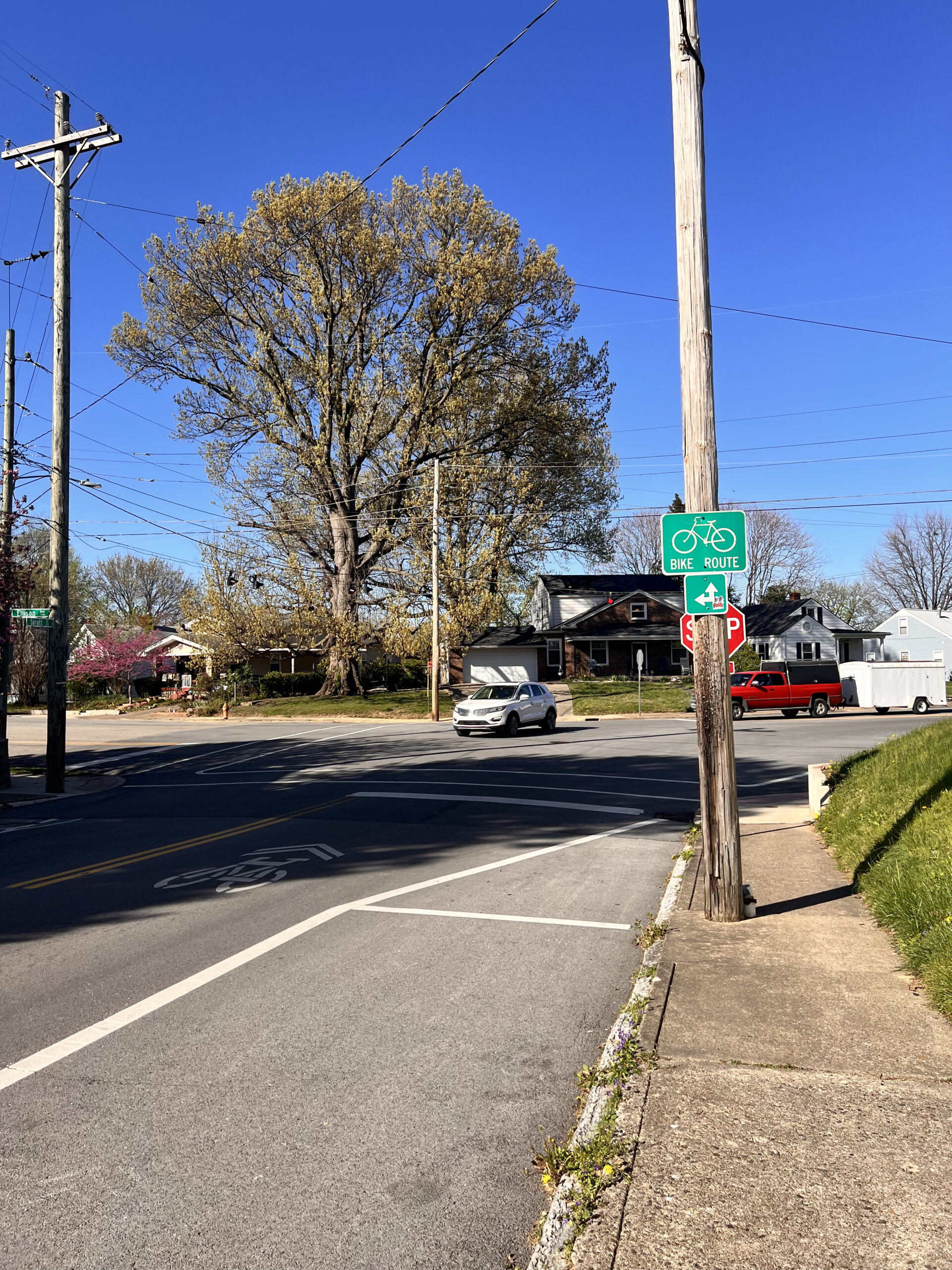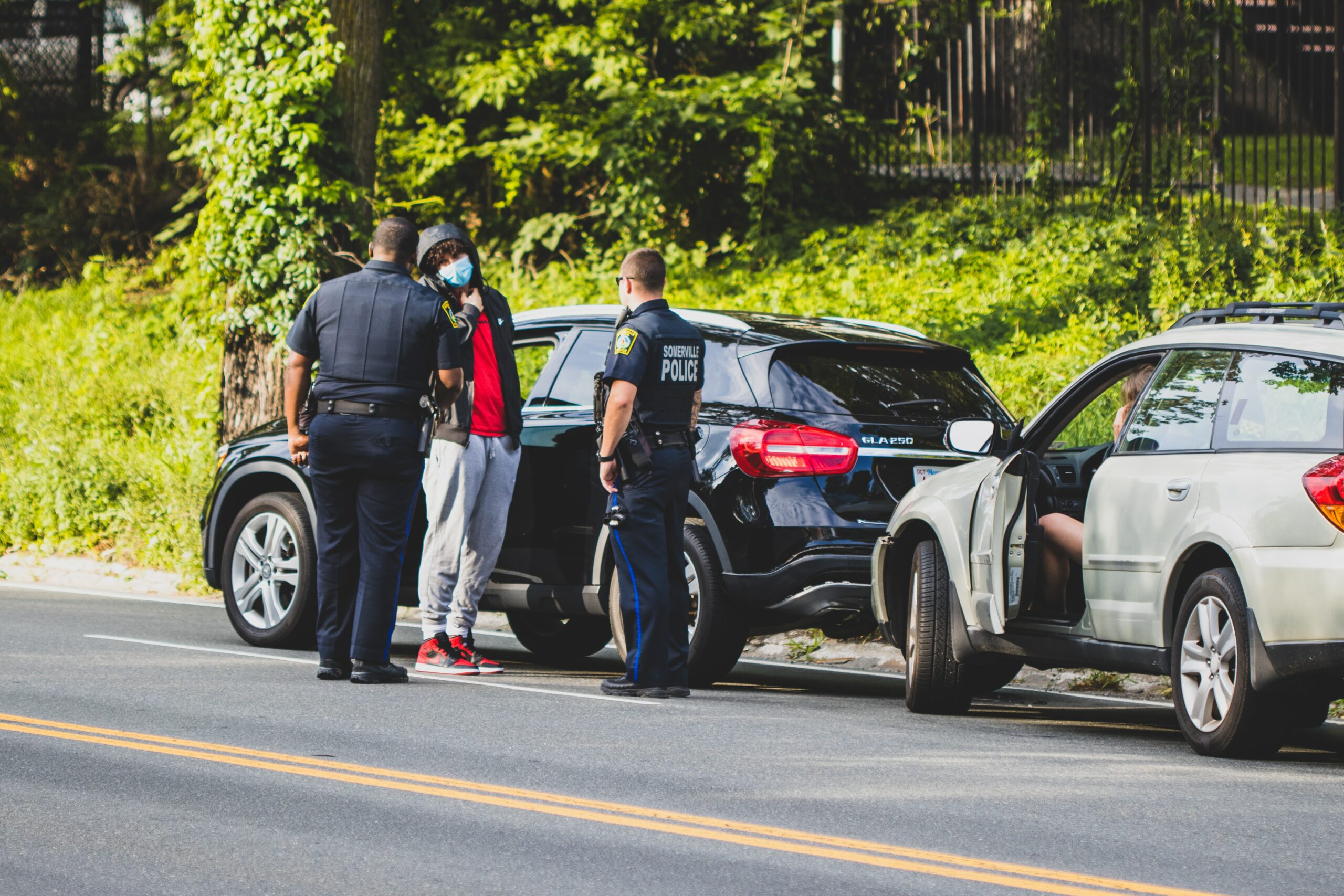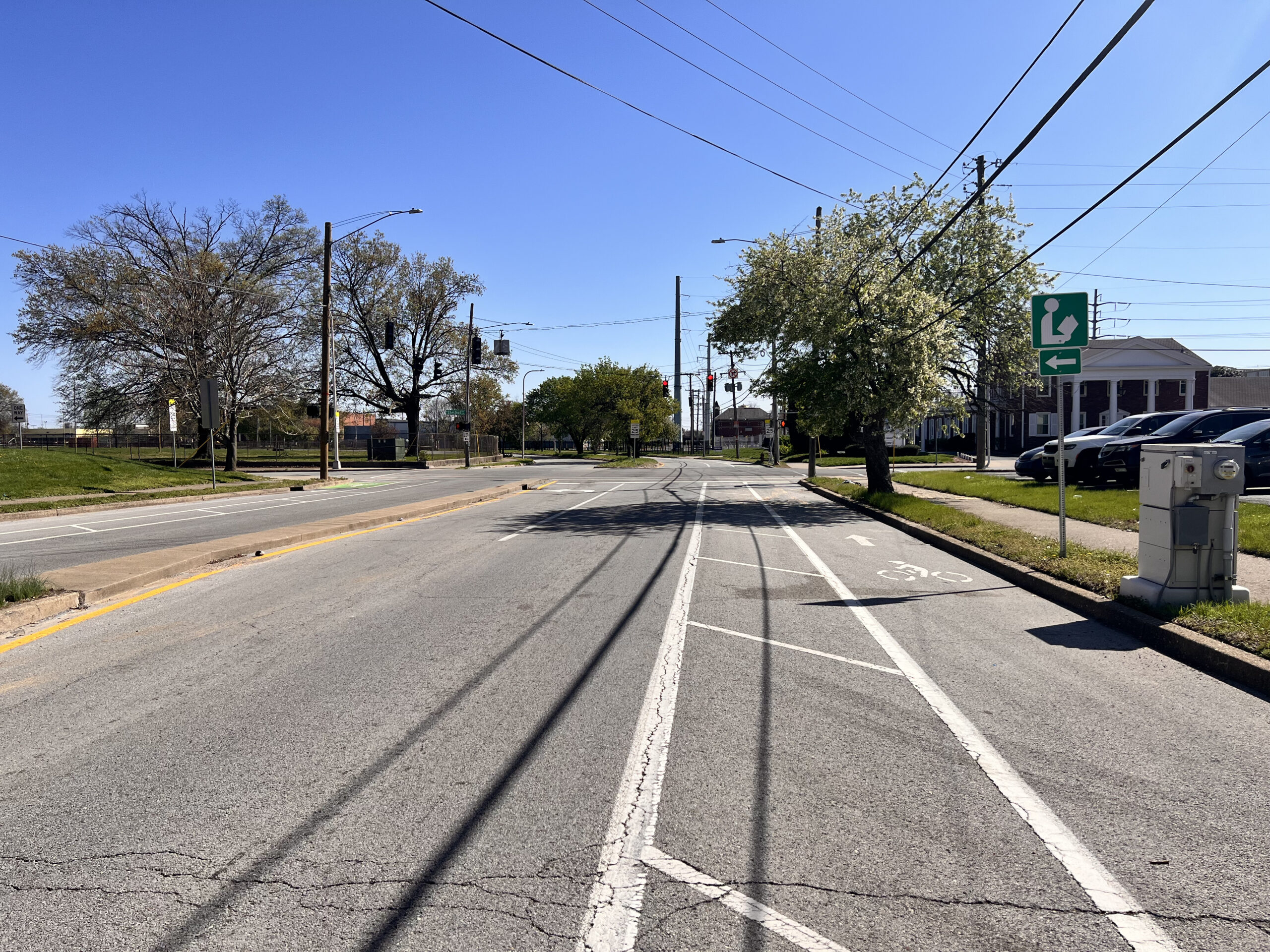If someone injures another person in an auto accident and is charged with a crime, many people wonder if their personal injury case just got easier. The answer is not really. Most states in the U.S. have a law that says that a charge or conviction in a criminal case doesn’t prove fault against the driver who was charged or convicted.
The reason is because the legal standard (level of proof needed to prove something) in a criminal court is different than the standard in a civil case. In a criminal case, guilt has to be proven beyond a reasonable doubt whereas in a civil case, liability can be proven by a preponderance (just over 50 percent) of the evidence.
I know what you’re thinking, it sounds like it’s easier to prove something in a civil case, so if someone was convicted in a criminal court, this should be a slam-dunk in civil court, right? Sound logical, but legal precedence dating way back to the days of British rule and a laws in each state say otherwise.
Let’s look at an example:
Man Charged in DUI in Head-On that Killed Two
A man driving a 2000 Ford crossed the center line and hit a 2012 Nissan head-on killing both occupants of the Nissan. The accident happened around 11 p.m., Saturday, May 25, 2019, in the eastbound lanes of Highway 90 in Cumberland County.
Police say that both occupants died at the scene, and the driver of the Ford was arrested on charges of first degree driving under the influence and failure to wear a seatbelt. This is a felony charge, and other charges are possible.
We have no idea what actually happened in this incident, but anytime someone is charged and found guilty of a first-degree DUI that resulted in the death of another person, it is a serious charge for which they could spend years in prison.
If the driver was found guilty of a felony criminal charge in an auto accident, shouldn’t that also mean that they are responsible for the personal injuries—or death—of the victims? This makes sense, but it’s not the law.
A conviction in a criminal case has no legal bearing on a civil case—even though the standard is much harder to prove in a criminal case. If what happens in a criminal case could affect a civil case, then when someone was found not guilty, then the victim wouldn’t be able to sue them in civil court.
What do I do If I’m Injured by Someone who was Convicted of a Crime?
The best thing to do is to focus on your immediate health needs, and don’t talk to anyone from the insurance company or their lawyers about the case. Then when you are able, and have the time, talk to an attorney who can give you unbiased advice about your case and inform you of your rights under the law.
If you call Kaufman & Stigger, PLLC, at 800 937-8443, you will immediately speak to a member of the legal team and not a message machine. They have attorneys experienced in traffic laws and personal injury law and have a track record dealing with insurance companies.










